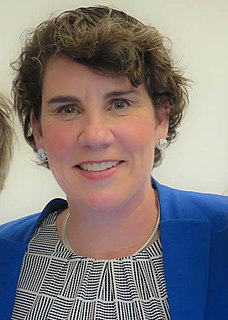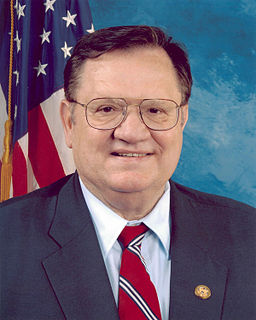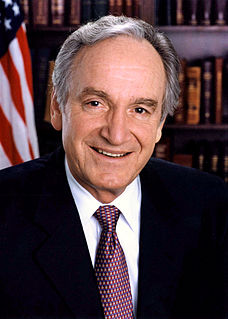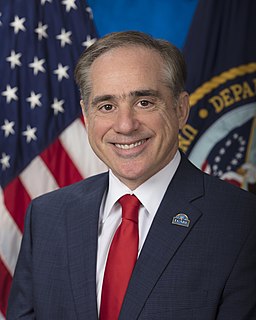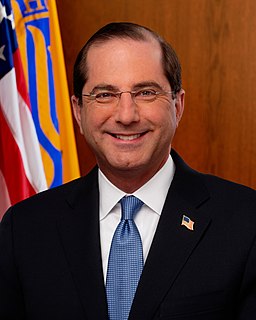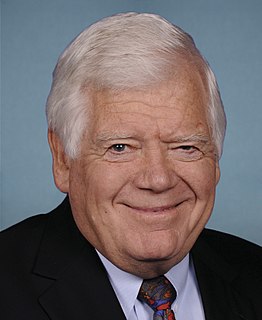A Quote by Matthew Heineman
We have a disease care system, not a health care system.
Quote Topics
Related Quotes
In comparison to the U.S. health care system, the German system is clearly better, because the German health care system works for everyone who needs care, ... costs little money, and it's not a system about which you have to worry all the time. I think that for us the risk is that the private system undermines the solidarity principle. If that is fixed and we concentrate a little bit on better competition and more research, I think the German health care system is a nice third way between a for-profit system on the one hand and, let's say, a single-payer system on the other hand.
I have argued for years that we do not have a health care system in America. We have a disease-management system - one that depends on ruinously expensive drugs and surgeries that treat health conditions after they manifest rather than giving our citizens simple diet, lifestyle and therapeutic tools to keep them healthy.
I think basic disease care access and basic access to health care is a human right. If we need a constitutional amendment to put it in the Bill of Rights, then that's what we ought to do. Nobody with a conscience would leave the victim of a shark attack to bleed while we figure out whether or not they could pay for care. That tells us that at some level, health care access is a basic human right. Our system should be aligned so that our policies match our morality. Then within that system where everybody has access, we need to incentivize prevention, both for the patient and the provider.
We have about 360,000 employees in the VA health care system. It's the largest health care system in the country. And the negative attention that's been put on VA has hurt the morale of our workforce. And so what we're trying to do is to get people to understand that we're doing great work every day.
I have stood on the front lines of the health care system as a doctor, patient and concerned parent. Those experiences have served as my guideposts throughout the struggle to reform America's health care system. And it's those same experiences that tell me that fear and election hysteria should not overshadow the reality of reform.



